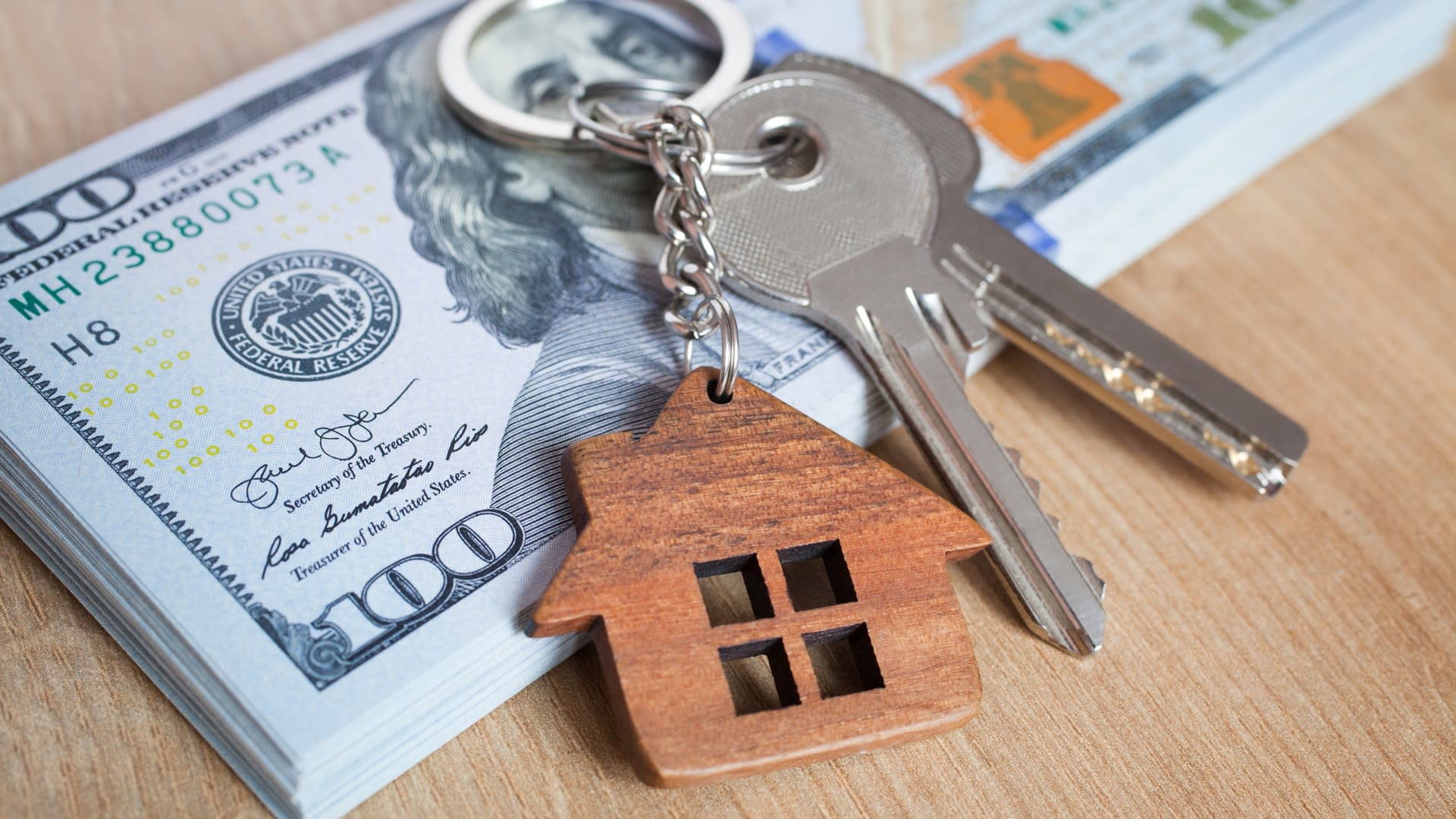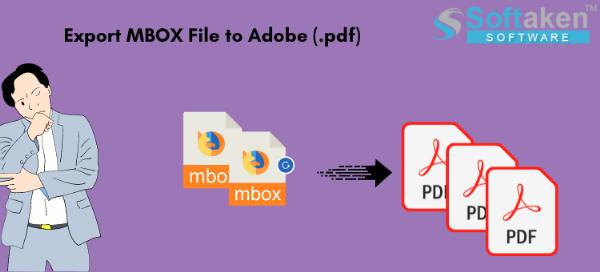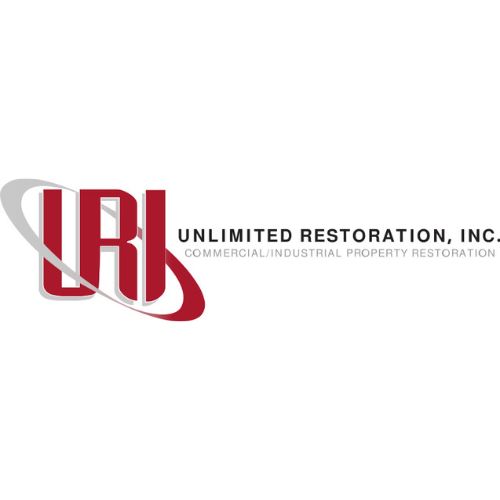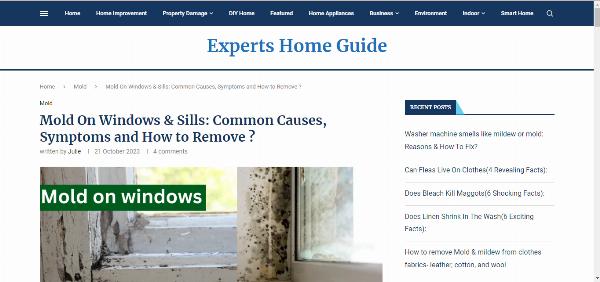Can House-Hacking Open the Door to Big Wealth for First-Time Real Estate Investors?

According to the most recent data from Realtor.com, 13% of homes purchased in 2024 were done so by an investor. However, investor selling also reached an all-time high, with investors accounting for 10.8% of sellers in 2024. If you’re looking to invest in real estate, you could get started in 2025 by embracing a strategy that has been gaining popularity on social media.
Read More: 10 Best Places To Buy a Short-Term Rental Property To Earn Passive Income in 2025
For You: Are You Rich or Middle Class? 8 Ways To Tell That Go Beyond Your Paycheck
Personal finance influencer Austin Hankwitz recently shared a video on TikTok about how house-hacking can unlock wealth for first-time real estate investors. Here’s a breakdown of how you can accomplish this, as well as some tips for new investors looking to get started with this approach.
How House Hacking Can Unlock Wealth
The way that house-hacking works is that you invest in a home to live in but share the expenses by having tenants. With this approach, you live in a unit and rent out the other space so that you’re not stuck with the bills on your own.
Hankwitz suggested that you use the Fannie Mae mortgage to purchase a home with a 5% down payment. With this mortgage, you can borrow up to $1.4 million to buy up to four units, he explained.
Here are some of the specifics of the figures used by Hankwitz for his house-hacking example of a home in Knoxville, Tennessee, with four units.
-
House listing price: $650,000
-
Down payment: $32,500 (5% of $650,000)
-
Monthly payment with insurance and taxes: $4,200
Then, you could collect $3,000 monthly from three tenants and pay $1,200 for your unit. The listing states that the cash flow is $40,000 per year, derived from $46,800 in annual rent.
Since this home has appreciated by 50% over the past decade, you can use this logic to estimate similar growth in the next decade, Hankwitz explained, noting it could be worth $975,000 in 10 years. At that time, you’d have $530,000 left on your mortgage, which tenants have mainly paid.
When you do the math, $975,000 minus $530,000 is $445,000, which is how much equity you have in a home you’ve paid only $1,200 monthly to live in. This example illustrates how you can put down only $32,500 to get access to an expensive home where you’ll pay only $1,200 monthly for your own expenses.
Check Out: 25 Places To Buy a Home If You Want It To Gain Value
How Feasible Is House-Hacking?
“House-hacking allows beginners to generate income from their primary residence, helping to offset mortgage costs while gaining hands-on landlord experience,” said Nathan Miller, a real estate expert and founder of Rentec Direct.
Story ContinuesWhile many experts agree that this strategy makes sense, let’s explore the feasibility of this option for first-time investors looking to build wealth.
There Are Many Options for House-Hacking
Miller pointed out that house-hacking is most commonly seen in duplexes, triplexes and larger units where the buyer lives in one unit and rents out the other. However, some other creative approaches are growing in popularity, like converting basements or garages into accessory apartments or adding an accessory dwelling unit or tiny home to a property.
Andrew Fortune, a Realtor and owner of Great Colorado Homes, noted that he recently had a client who converted a garage into an Airbnb and rented it out, which paid his mortgage plus some.
The good news is that as a first-time investor, you have multiple options for utilizing this strategy, from purchasing a duplex to listing your converted garage on Airbnb. You can turn extra space into a profitable rental, or you can seek out unique listings.
House-Hacking Could Help You Reduce Living Expenses
“House-hacking can be especially valuable for early investors with limited capital, as it can reduce your own living expenses and accelerate loan payoff,” Miller said. “It’s smart to partner with a real estate agent who understands income-generating properties and can help you find a home that fits both your lifestyle and financial goals based on what renters in your area are looking for.”
When you live in one of the units and rent out the others, you lower your own living expenses, which helps you save money while building up your wealth. Not only are you helping yourself today, but you’re also preparing for the future.
You Can Purchase a Property That Would Be Out of Your Reach
On top of reducing your living expenses, you could also purchase a property that you wouldn’t be able to afford on your own. If you use an FHA loan, you might need only a 3.5% down payment, which is significantly less cash than buying a purely investment property.
If you use the mortgage mentioned in the video, you could get access to a million-dollar listing that might normally be out of reach.
You’ll Want To Learn About Being a Landlord and Household Repairs
The experts warned that you need to be aware of local regulations and ensure you’re prepared to be a landlord. “The real secret is that you’re learning how to be a landlord while living on-site, which makes managing repairs and tenants much easier,” Fortune said.
While house-hacking can help you get into real estate, you have to ensure that you’re aware of what you’re signing up for. As a landlord, you’ll be responsible for all of the maintenance, repairs and any other issues that could pop up.
The experts agreed that if you’re smart about picking the right property and can keep up with maintenance, house-hacking can kickstart your wealth and even cover your living expenses. However, you want to conduct your due diligence to ensure that you know what you’re getting yourself into because managing tenants could turn into a full-time gig.
More From GOBankingRates
-
7 McDonald's Toys Worth Way More Today
-
4 Companies as Much as Tripling Prices Due To Tariffs
-
5 Cities You Need To Consider If You're Retiring in 2025
-
6 Big Shakeups Coming to Social Security in 2025
This article originally appeared on GOBankingRates.com: Can House-Hacking Open the Door to Big Wealth for First-Time Real Estate Investors?










![Structural Adhesives Market [2028] Exploring Potential, Growth, Future & Trends](http://paseban.com/zb_users/upload/2025/08/20250831123209175661472915180.jpg)


